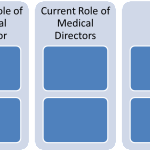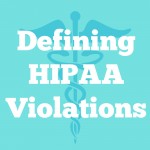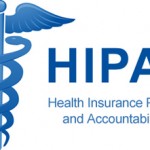
Is Transparency Key to Gaining Trust? 5 Actionable Practices
Transparency is not just a regulatory requirement for healthcare payers; it’s a key factor in fostering trust, improving relationships, and driving collaboration. By focusing on clear communication, data integrity, financial openness, and regulatory compliance, payers can create a more reliable and cooperative environment with providers.








